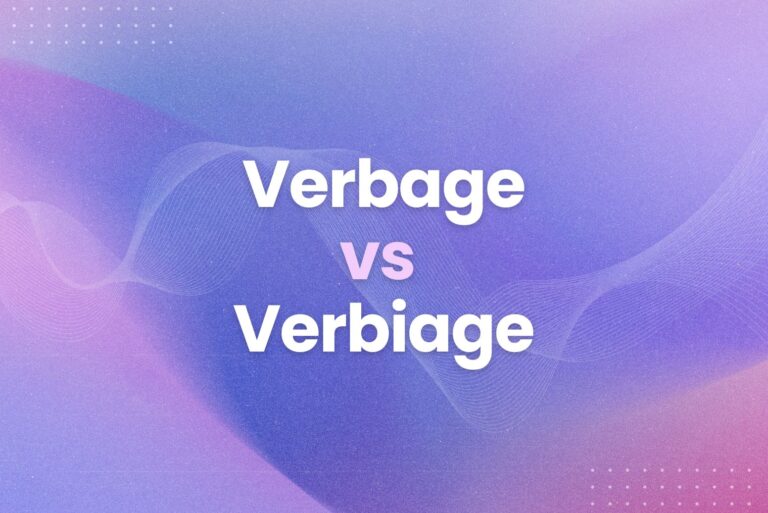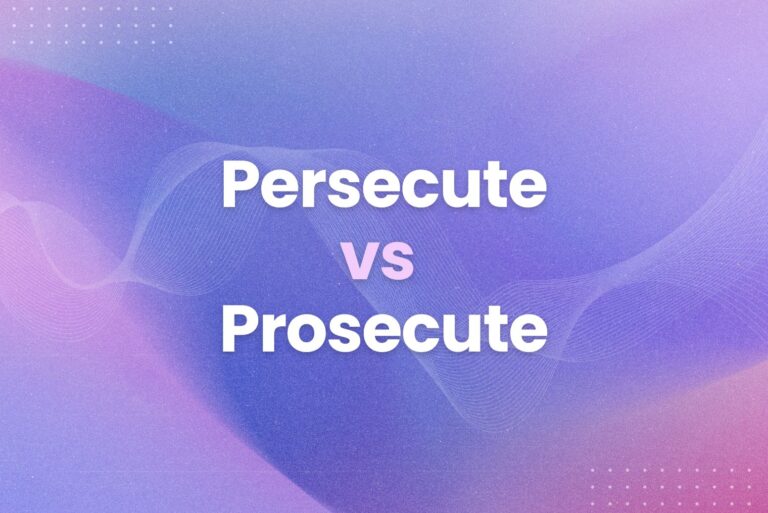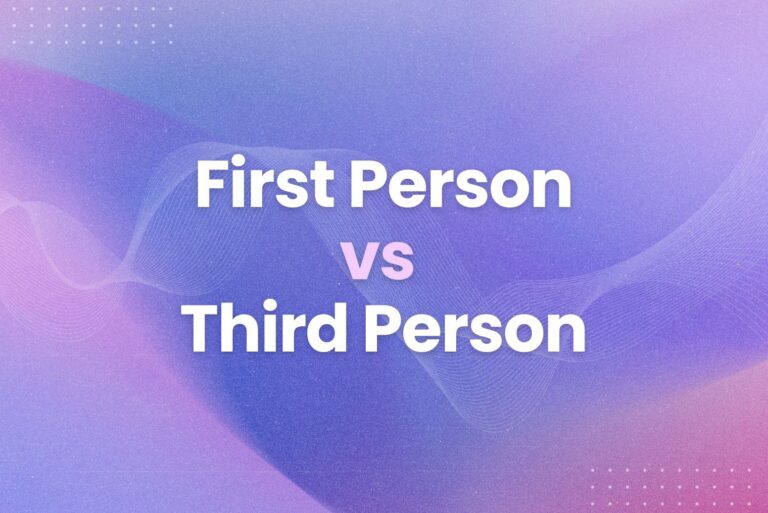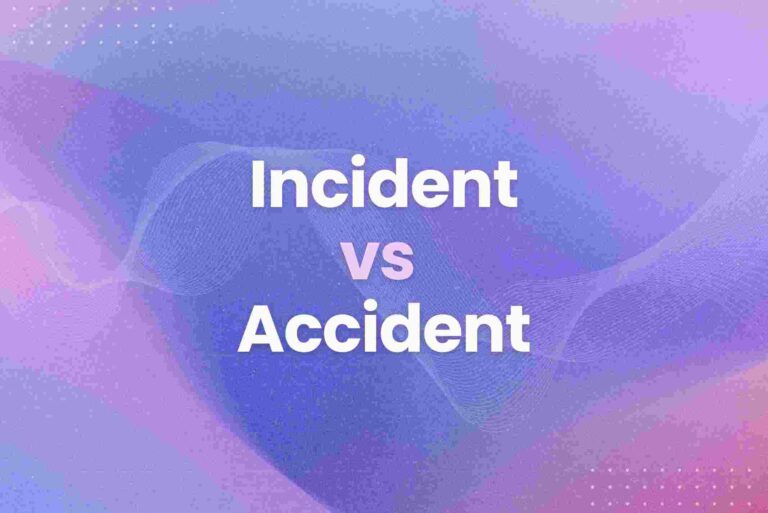Bite vs Byte: Differences Between Taste and Tech
Bite vs byte sound similar, but they’re not the same thing. One involves the use of a mouth, while the other comes from computers.
Getting them mixed up could lead to some extremely bizarre conversations. It’s hard to believe in the world of AI tools, many of us struggle with such a simple question, but it stumps us meat robots more than we’d like to admit.
What Does Bite vs Byte Mean?
Let’s clear the air and figure out what bite vs byte really mean.
Bite
Bite happens when you use your teeth to grab onto something, like munching on a crunchy apple.
You might grab a quick bite before heading to the park, maybe a sandwich or a handful of chips.
Animals use their teeth to bite, too; a playful dog might nip at a toy, or a mosquito might give you an annoying bite.
Sometimes, words can bite, like when someone says something that hurts your feelings.
And let’s not forget that cold wind that “bites” your cheeks when you step outside in winter!
Byte
A byte doesn’t fill your tummy; it’s something your computer uses to store data.
It’s a small unit of info that holds digital things like games, pictures, or even songs you love.
Each byte is made up of eight bits, which are like tiny building blocks holding all the digital stuff together.
The more bytes your phone or computer has, the more photos and games you can keep.
How Do You Say Bite or Byte?
Bite and byte sound exactly the same when you say them—both pronounced like “bight.”
Even though they mean different things, your mouth moves the same way for each word.
So, that means there is no difference in how you pronounce the word bite or byte. Each sounds exactly the same, and you don’t have to worry about pronouncing them differently.
When Do You Use Bite vs Byte?
You use the word bite to mention something that is done with a mouth.
You bite into a slice of pizza. The dog takes a bit out of a person’s legs
A bite always involves an action using a mouth.
Byte, though, is all about computers and tech stuff, not snacks.
Bytes are measurements of storage for electronic devices.
You won’t hear byte in the kitchen, but it’s super common when people talk about phones, laptops, or tablets.
One word is used to describe the action of a mouth, and the other one is all about electronics!
Where Did These Words Come From?
Bite comes from Old English and even has roots in old German words.
It’s been used for a long, long time to mean using your teeth to grab or chew.
It’s an everyday word that’s stuck around since ancient times!
Byte is much newer and came around in the 1960s.
It was created by computer scientists, and they chose the spelling “byte” instead of “bite” to keep things clear.
Computer scientists purposefully wanted byte to sound like a bite because, well, computer scientists can be a goofy bunch.
Common Mistakes People Make
People sometimes mix up bite and byte because they sound the same.
You might hear someone say they need “more bites” on their computer, but that’s not right—it’s bytes!
Or someone could say, “My computer has 16 bites,” which sounds more like a snack than tech talk.
When you want more storage, you ask for more bytes, not bites.
If you’re at lunch and say, “I’ll take a byte of that burger,” that’d be pretty silly, wouldn’t it?
To keep things straight, just remember bites are for eating, while bytes are for storing data.
Why Is It Important to Know?
Mixing up bite and byte can cause confusion, especially when dealing with computers or gadgets.
Imagine emailing a computer technician and telling them you need “more bites” for your computer—it’d sound like you’re ready for a snack, not more memory!
Bytes are used to measure digital storage, while bites are just for munching or chomping down on food.
The main reason why it matters is because you don’t want to sound like an idiot.
However, if you’re talking to someone online and English isn’t their native language, you could easily confuse someone and make steam come out of their ears.
That’s why many people turn to grammar checkers to help them take the guesswork out of knowing when to use what.
Example Sentences Using Bite vs Byte
Bite and byte may sound the same, but they’re used in very different ways. Let’s see how they work in sentences:
Bite
- “I took a bite of my juicy apple, and it was delicious!”
- “My little brother tried to bite the sandwich in one big chomp.”
- “The cold weather outside has a real bite to it.”
- “My dog likes to bite his chew toy when he’s feeling playful.”
Byte
- “My phone has 32 gigabytes, which means it can hold lots of apps.”
- “Each photo takes up a few bytes of storage on my computer.”
- “I need more bytes on my tablet to download that new game.”
- “The software update uses 500 megabytes of space.”
Easy Tips to Remember
All of this may still sound confusing, but it really shouldn’t.
All you need to remember is, one involves a mouth and the other electronic devices.
If it involves a mouth grasping or chewing, then it is bite. Mouths are only capable of biting.
If you’re referencing an electronic device of any sort mentioning data, it’s bytes. A smartphone can’t bite anything because it doesn’t have a mouth.
Something needs a mouth to be able to bite.
Data is always stored or transferred in bytes. The device you’re reading this on isn’t capable of biting.
If you’re reading this on something that can bite, well, you’ve got bigger problems than knowing the difference between byte and bite. You may need to do an online search to figure out exactly what you’re using.
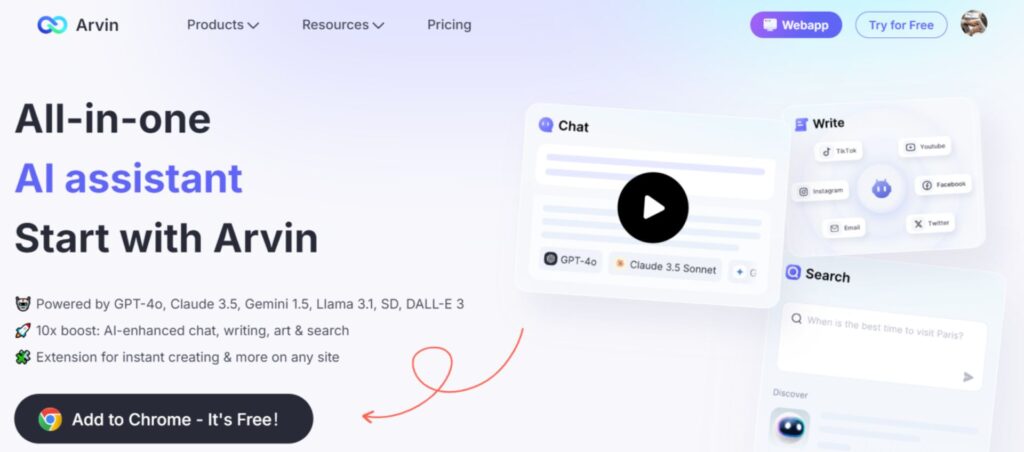
The Simplest Way to Remember
Bites are performed by a mouth.
Bytes measurements of data.
Conclusion
The next time you’re in the middle of a conversation and someone asks what the difference between bytes and bites is, now you know.
Who knows, maybe the conversation will arise after someone asks you to pass the gravy during Thanksgiving.
If all of this still seems like a bunch of mumbo jumbo, you can give Arvin AI a shot. It allows you to use several different large language models, and their grammar is almost always flawless.
FAQs
They’re homophones—same sound, totally different meanings. One’s all teeth, the other’s tech.
If it’s about food or using teeth, it’s “bite.” When it’s about digital storage, it’s “byte.”
“Bite” means eating or chewing, while “byte” stores data. Food vs. files—easy enough!
Nope, it’s a tech term all the way. “Byte” sticks to digital conversations.
They sound identical, so it’s an easy slip. Context usually clears things up.
